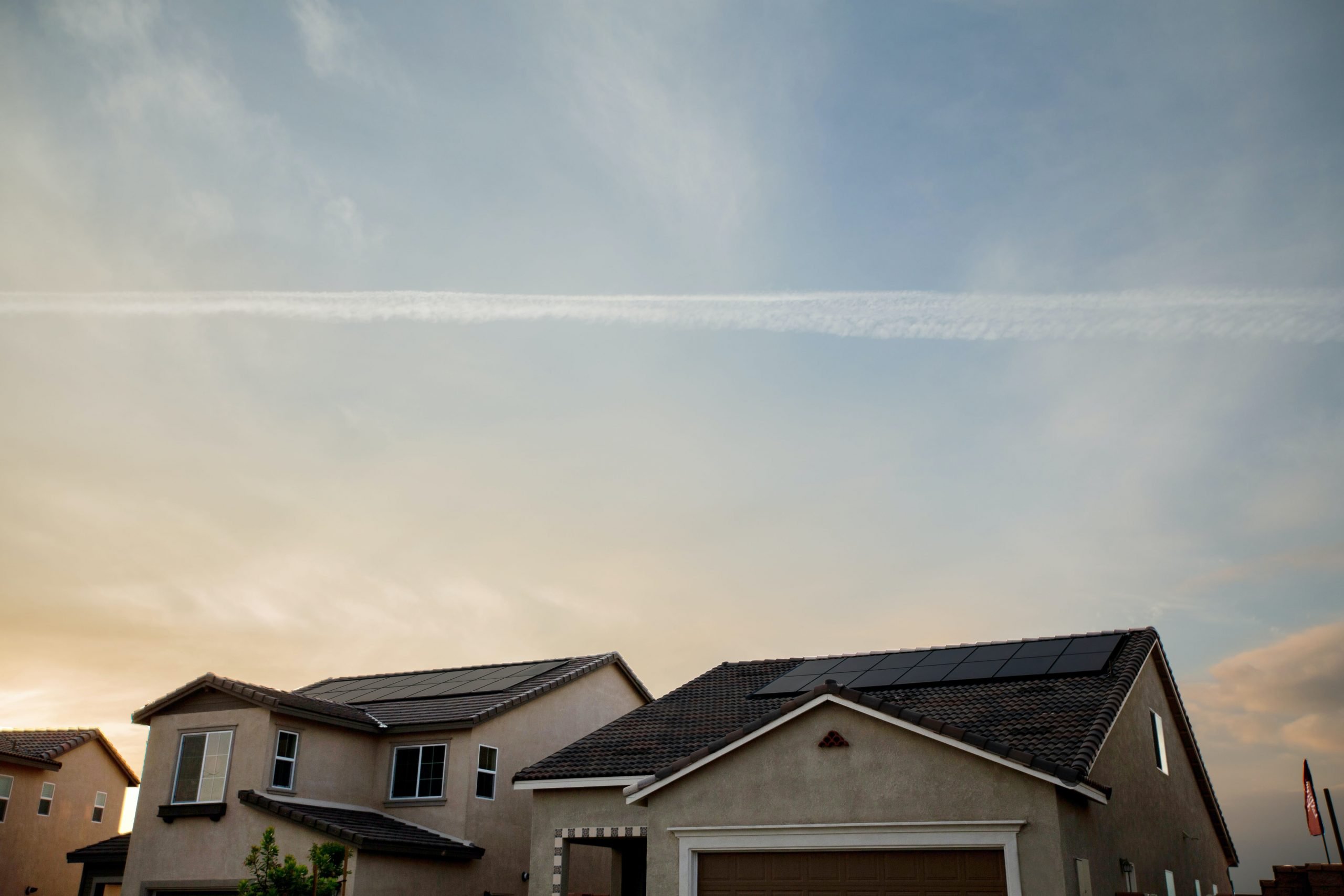
Bringing the consumers to the centre of the energy transition
Authors: Kirsten Glennung (E.DSO) and Juan Marco (E.DSO)
The challenge of decarbonisation
The Paris Agreement clearly indicated that time had come for an unprecedented number of actors to come together to transition the economy to be able to meet its targets highlighting the role that energy has on today society. Energy systems all around the world are undergoing a fundamental transformation in response to climate change and the need to decarbonize. More particularly, we are witnessing the shift to a new system architecture that enables and supports increasing shares of decentralized renewable energy, customer participation and demand response management.
A new architecture to enable green electrification
The new architecture will enable increase green electrification by allowing additional shares of clean energy, storage and increase grid flexibility empowering a new type energy scenario. Customers will be key change driver and are located at the heart of a new digital network with new uses at hand to make better choices. Supported by the Clean Energy for all Europeans Package, consumers are able to participate in and reap the benefits of the energy transition by activating direct participation in demand and generation, individually or by service aggregation, virtually through peer-to-peer platforms or physically by the stablishing of Citizen Energy Communities. To deliver on the proposed political targets over 500 GW of renewable energy will need to be added to the system by 2030, corresponding to about of half of the entire existing European power capacity, and grid users will require to connect and service locally 50 million heat pumps and up to 70 million electric vehicles by the end of this decade.
Shaping the power sector of the future
To meet up to the challenge, and to reshape the power sector of the future, requires a change of mindset and perspective as Distribution System Operators (DSO) will become key in developing the new networks and delivering on the 4 Ds (Decentralisation, Decarbonisation, Digitalisation and Democratisation) that will govern the energy transition at all levels. In this new energy system, physical infrastructure will need to unleash all its potential to play a more dynamic and active role. We shall not forget that Distribution System Operators are the direct link between the energy consumers and the rest of the energy system providing a quality service to the great majority of customers and connecting approximately 70% of new developed RES generation.
The role of OneNet
Our partner in the project, E.DSO is committed to make the most out of the smart grid to enhance the energy transition as well as to encourage the participation of the consumer. This commitment is also visible in great participation from the association as well the individual members into state-of-the-art innovation projects at national as well as EU level throughout the years. Having contributed to the discussion of network innovation, consumer participation and TSO-DSO coordination in several for a and projects, OneNet steps in as the umbrella aiming to bring all these efforts together making the importance of the project indisputable for the inter-stakeholder dialogue.
OneNet is about putting all of these players together in contribution to the fulfillment of EUs commitment to the Paris Agreement.

